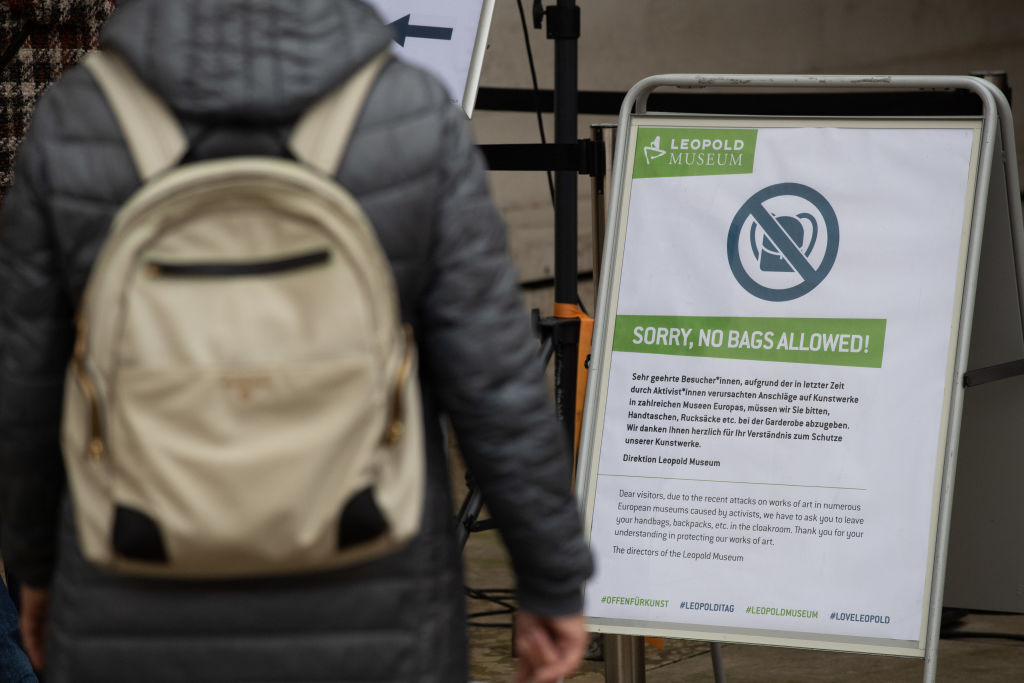Germany has given cash handouts to illegal migrants it is deporting to Afghanistan.
The country deported 28 criminals to Afghanistan — and provided them with a cash stipend of €1,000 each — in a move that has provoked political controversy.
The deportees were put on a Qatar Airways charter flight to Kabul in Leipzig on August 30, the first deportation of migrants from Germany to Afghanistan since the radical Islamist Taliban assumed power in 2021.
They were all specially selected by the German Federal States. Most of them were sexual offenders, including a man who raped an 11-year old girl in a park in Neustrelitz (in the State of Mecklenburg-Vorpommern) in 2022. Also deported was a man who took part in the gang rape of a 14-year-old girl in Illerkirchberg (Baden-Württemberg) in 2019.
The 250-seat Qatar Airways Boeing 787 was specially chartered for their transportation.
The move was widely decried as a cheap political stunt that had been designed to showcase a tougher stance on immigration by the ruling Social Democrats (SPD) ahead of the September 1 elections in the States of Thuringia and Saxony, where the right-wing party AfD recorded top results.
AfD chairwoman Alice Weidel called it a “mockery of the citizens” of Germany, alleging the move was “staged for media effect before the elections”.
Medienwirksam vor den Wahlen inszeniert: Auf einmal kann die verzweifelte Ampel 28 afghanische Straftäter abschieben. Jeder erhält noch 1000 Euro Steuergeld in bar, was sogleich die Finanzierung der Wiedereinreise ermöglicht. Eine Verhöhnung der Bürger! #DeshalbAfD #AfD pic.twitter.com/57przqZXAP
— Alice Weidel (@Alice_Weidel) August 30, 2024
The €1000 payment – which amounts to six months’ average salary in Afghanistan – has also sparked outrage from political opposition.
Journalist Ulf Poschardt wondered how the family of the raped child felt following the perpetrator’s €1,000 handout.
Christian Democratic Union politician Christoph Ploß accused the government of creating “new incentives” for illegal migration.
Interior Minister Nancy Faeser (SPD) defended the payments as being “standard procedure” for such deportations, being deemed necessary to prevent German courts from stopping the migrants’ removal on a ruling of impending “impoverishment” of the 28 individuals.
The money should cover the cost of living for the criminals during the first six to nine months, according to a spokesman for the State of Lower Saxony. Representatives of all German States had allegedly agreed on the amount.
The deportations may not be permanent in all cases. The lawyer for the Illerkirchberg rapist, Christoph Käss, told a German newspaper that his client would soon return to Germany with a valid visa as his partner who lives in Germany was pregnant with their child.
The deportation of the Illerkirchberg rapist, meanwhile, had been requested by the State of Baden-Wurttemberg for more than two years, but it was not processed by the interior ministry.
The Alternative for Germany (AfD) party won big in state elections this weekend, but what does this mean for the ruling left-liberal coalition? ?? #Germany #elections #Saxony #Thuringia pic.twitter.com/iCtXP87YOD
— Brussels Signal (@brusselssignal) September 2, 2024





